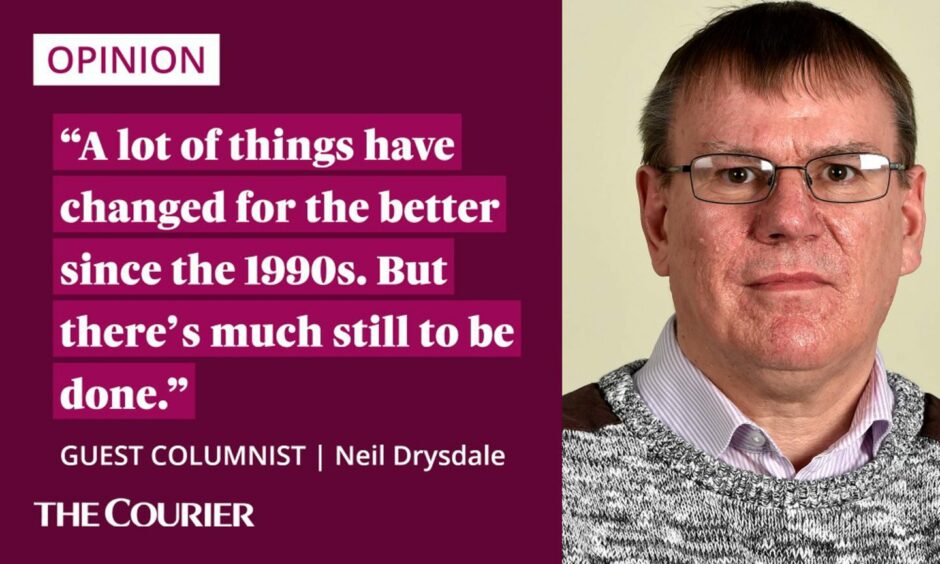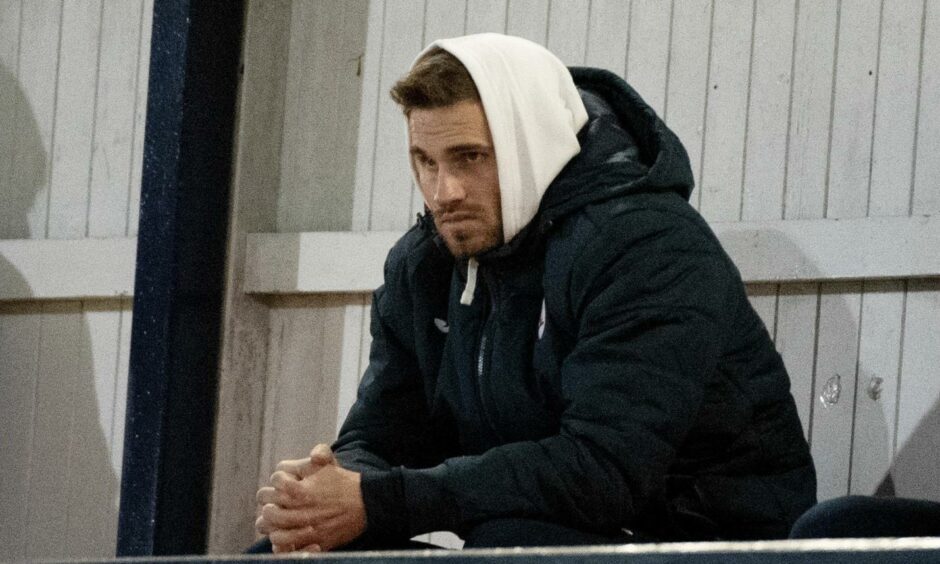Back in the 1990s, when I worked in Edinburgh, I went to several rugby club dinners.
Usually I left with a bitter taste, which had nothing to do with the food and drink on offer.
So, I can’t say I’m surprised that controversy has erupted over comments made by a speaker at the Scottish Football Writers’ Association awards dinner at the weekend.
This prompted a walkout by some of the guests and a subsequent apology from the Scottish Football Writers’ Association, although the latter was hardly an outright condemnation of what occurred.
Sports dinners and similar functions often serve as a reminder that, for many people, diversity and equal opportunity are alien concepts.

Many people in the world of sport still harbour opinions which belong to a time when it was acceptable to indulge in sexist and racist “humour”.
If progress has been made, it frequently disappears once the alcohol starts flowing and the boundaries are pushed back on what would be considered reasonable behaviour.
And just as the tribalism and sectarianism which takes place around Old Firm match days has become almost normalised, the perpetrators will dismiss any concerns about bigotry, chauvinism or homophobia as “political correctness gone mad”.
Women’s sport has progressed, but attitudes are lagging behind
I’m not arguing that the majority of people at these dinners share the views of those who believe it’s OK to scrape the barrel for laughs.
In recent years the welcome increase in coverage of women’s football and rugby has gradually changed attitudes among many in Scotland.
Never felt so unwelcome in the industry I work in than sitting at the Scottish Football Writers Awards. A huge reminder there is still so much to do in making our game an equal place #callitout #equalgame
— Eilidh Barbour 💙🤍 (@EilidhBarbour) May 8, 2022
There are many talented female journalists and gifted broadcasters, including Eilidh Barbour, who condemned the comments at the Scottish Football Writers’ Association dinner.
But they are still very much in a minority compared to those who either ignore women’s sport or actively denigrate it.
Keyboard warriors on social media have made life difficult and often unpleasant for any women in the spotlight.
These cowardly chauvinists are the first to use words like “woke” to criticise anybody who calls them out.
Not enough for SFWA to wring their hands over sexism in sport
Sport, as we’ve seen in the last 12 months, is still stuck in a rut whereby too many players and pundits are scared of speaking out for fear of a backlash.
Look at the Azeem Rafiq cricket scandal, or the abuse directed at tennis star Naomi Osaka for raising mental health concerns.
Look what happened when David Goodwillie, who was found to be a rapist in a civil case, was signed by Raith Rovers.
It was the same in rugby 25 years ago, when I attempted to write a piece about remarks made by a former Scotland internationalist at a dinner and was told to stand down.
The speaker in question had used highly inflammatory racist and sexist language, and had some of us squirming in our seats.
To our shame, we didn’t get up and walk out.
But I did decided I wouldn’t go back to any of these events.
Our joint statement with @kickitout on events at the Scottish Football Writers' Awards last night ⬇️ pic.twitter.com/7dgRhZj3JD
— Women in Football (@WomeninFootball) May 9, 2022
Not while those of an antediluvian tendency were having their fun, directing smutty comments at the same female staff who were serving their food and tolerating remarks which belonged in the sewer.
More needs to change, starting with the Scottish Football Writers’ Association
A lot of things have changed for the better since the 1990s but there’s much still to be done.
And, if anything, figures such as Donald Trump have pushed society back to the past.
It’s not enough for the Scottish Football Writers’ Association to wring their hands and carry out a review.
They need to explain how on earth this nonsense was allowed to happen.
And if that means their officials being replaced, it’s a small price to pay.
Neil Drysdale writes for the DC Thomson Past Times team and is also an author.












Conversation